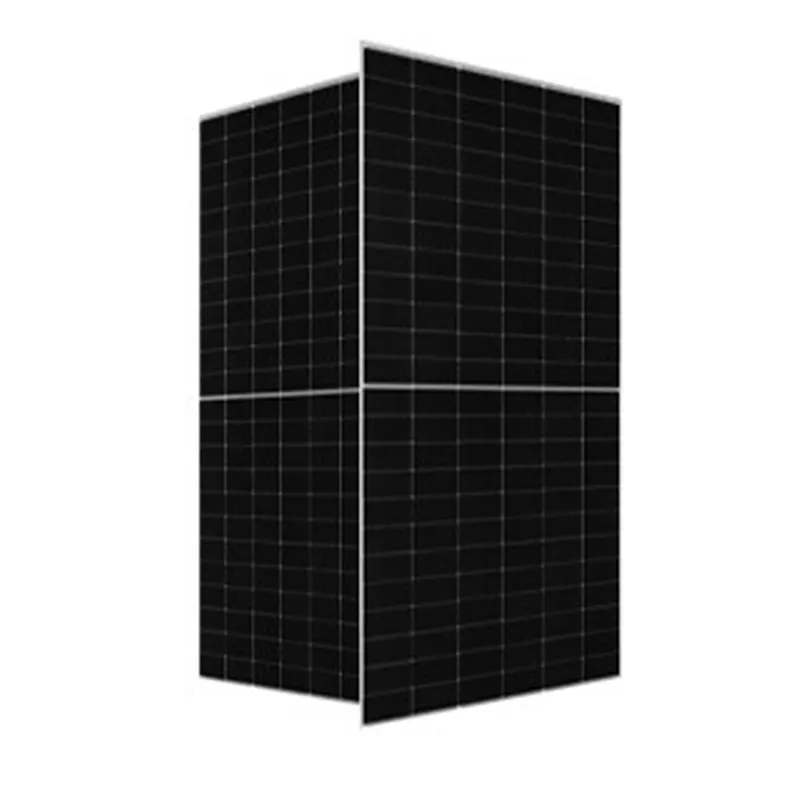Innovative Design for Hybrid Three-Phase Inverter Systems in Renewable Energy Applications
Understanding the Hybrid 3-Phase Inverter
In today's rapidly evolving energy landscape, the demand for efficient, reliable, and sustainable power conversion systems has skyrocketed. One of the most significant innovations in this realm is the Hybrid 3-Phase Inverter. This technology not only enhances the performance of renewable energy systems but also serves as a linchpin for smart grid applications.
What is a Hybrid 3-Phase Inverter?
A hybrid 3-phase inverter is a sophisticated device that converts direct current (DC) into alternating current (AC) while incorporating various input sources, such as solar panels, batteries, or the grid itself. The term hybrid signifies its ability to manage multiple energy sources, optimizing output based on availability and demand. This adaptability facilitates a more sustainable energy mix, which is increasingly essential in contemporary energy management systems.
Components and Operation
The primary components of a hybrid 3-phase inverter include the DC source, inverter circuitry, control system, and output connections. The inverter circuitry itself consists of several semiconductor devices, such as transistors or thyristors, that perform the switching necessary to convert DC to AC. The control system regulates the inverter's operation, ensuring that it responds effectively to changes in both the input sources and the load requirements.
The operation of a hybrid 3-phase inverter can be broken down into several key phases
1. Energy Harvesting The inverter actively collects energy from various sources, including solar photovoltaic (PV) panels and energy storage systems like batteries. It intelligently prioritizes the most efficient source based on real-time conditions.
2. Power Conversion Once harvested, the inverter converts the DC energy into a balanced three-phase AC output. This process is crucial for powering industrial and commercial equipment that requires a stable and reliable power supply.
3. Grid Interaction Hybrid inverters often feature grid-tie capabilities, allowing them to feed surplus power back into the local grid. This bidirectional operation is beneficial for both energy providers and consumers, as it maximizes resource utilization and promotes energy resilience.
hybrid 3 phase inverter

4. Energy Management Advanced hybrid inverters incorporate smart management systems that utilize algorithms to optimize the energy flow. They assess the energy demand, pricing, and availability of solar irradiation in real-time, making it possible to reduce energy costs and increase system efficiency.
Advantages of Hybrid 3-Phase Inverters
The hybrid 3-phase inverter offers several advantages that make it an attractive solution for modern energy systems
1. Efficiency These inverters maximize energy conversion efficiency, ensuring minimal losses throughout the process. This is particularly important in applications where every watt of energy counts.
2. Flexibility With the capability to integrate various energy sources, hybrid inverters provide flexibility for users to switch between grid power, solar generation, or stored energy from batteries, adapting to changing conditions seamlessly.
3. Scalability Hybrid inverters can be scaled up or down to fit different energy demands, making them suitable for both residential and commercial applications.
4. Reliability By incorporating battery storage, these inverters enhance the reliability of power supply, particularly in areas prone to outages or fluctuations in grid stability.
5. Environmental Impact The adoption of hybrid inverters contributes to the reduction of carbon footprints by enabling efficient utilization of renewable energy sources. This aligns with global efforts toward sustainability and combating climate change.
Conclusion
In conclusion, the hybrid 3-phase inverter is a pivotal technology in the context of modern energy systems. By efficiently converting and managing diverse energy sources, it not only enhances operational efficiency but also supports the transition towards a more sustainable and resilient energy infrastructure. As the world moves increasingly towards renewable energy solutions, the role of hybrid inverters will undoubtedly become more prominent, making energy systems smarter, more efficient, and environmentally friendly. Embracing this technology today paves the way for a cleaner and greener future, aligning with global energy goals and the increasing demand for sustainable power solutions.
-
String Solar Inverter: The High-Efficiency Solution for Smart Solar EnergyNewsJul.14,2025
-
Revolutionizing Rooftop Energy with the Power of the Micro Solar InverterNewsJul.14,2025
-
Power Independence with Smart Off Grid Solar Inverter SolutionsNewsJul.14,2025
-
On Grid Solar Inverter: Powering the Future with Smart Grid IntegrationNewsJul.14,2025
-
Monocrystalline Solar Panels: High-Efficiency Power for the Future of Clean EnergyNewsJul.14,2025
-
Bifacial Solar Panel: A Smarter Investment for Next-Generation Energy SystemsNewsJul.14,2025







